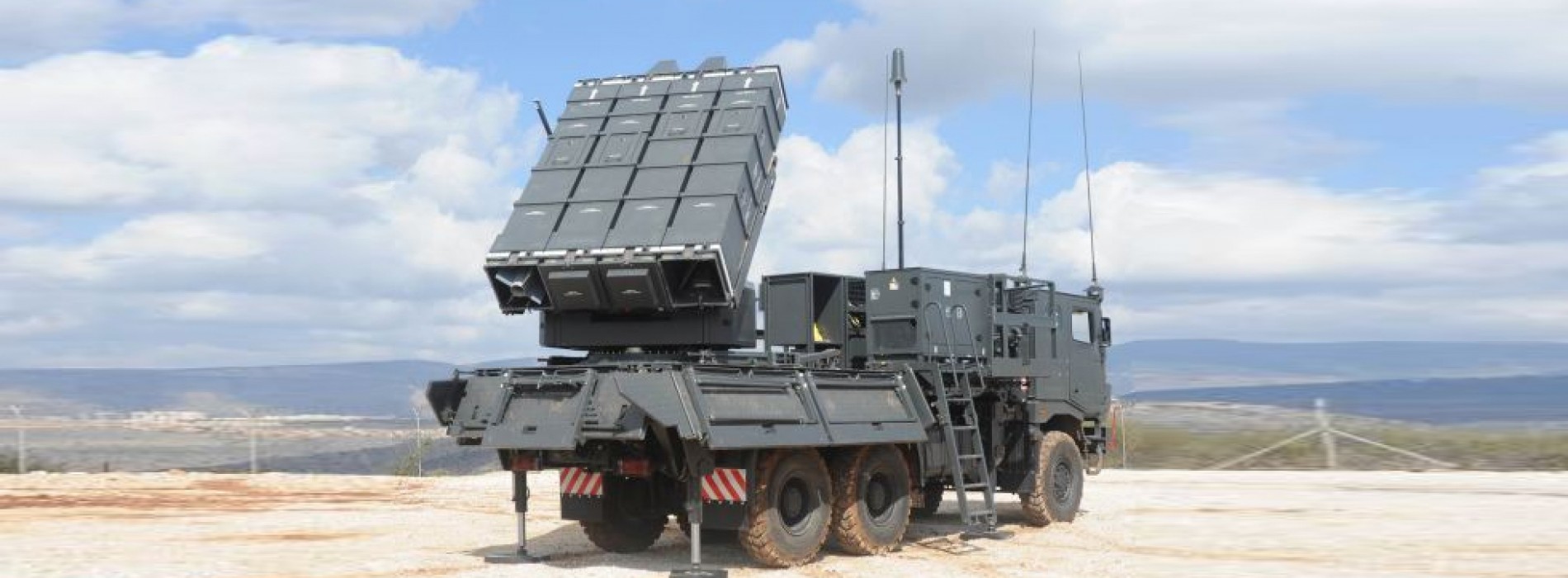India prepares Israeli SPYDER air defence missile system for Pakistan border
The Indian Air Force will in the next few weeks finish weaving a security web with the Israeli SPYDER air defence missile system on the western borders.
The Indian Air Force will in the next few weeks finish weaving a security web with the Israeli SPYDER air defence missile system on the western borders in a bid to strengthen its preparedness to strike down any aerial threat from Pakistan. The induction process was delayed by over three years due to the nonavailability of Czech-made Tatra trucks on which the missiles were to be carried.
“The SPYDER missile system is already in the process of deployment along the western borders where it will help in tackling any aircraft, cruise missile, surveillance plane or drone that tries to violate our airspace,” senior defence sources told MAIL TODAY.
WHAT IS SPYDER?
The SPYDER (Surface-to-air PYthon and DERby) is a low-level, quick reaction missile (LLQRM) to neutralise hostile targets up to 15 km away and at heights between 20 and 9,000 metres. The Python-5 is currently the most capable air-to-air missile (AAM) in Israel’s inventory, while the Derby is an active radar homing AAM that provides the SPYDER missile system with a fireand-forget option.
“The IAF will use the SPYDER along with the made-in-India Akash surface-to-air missile which has a little longer effective range of 25 km as part of a layered approach to defend vital assets and locations in the country,” the sources stated.
DEAL MADE IN 2008
The SPYDER deal was completed by the IAF with Rafael and Israeli Aircraft Industries (IAI) in 2008 and supplies were to begin in three to four years. But the process got delayed due to the unavailability of the Tatra trucks, which got mired in a controversy over bribery allegations.
“Due to the lack of heavy specialised trucks, changes had to be made in the contract with the vendors and a made-in-India truck has been used for carrying the SPYDER system, which has been tested extensively resulting in delays,” the sources said.
Both the SPYDER and Akash are all-weather missiles and the process to seek and engage an aggressive aircraft or missile is automatic. Besides aircraft and UAVs, they can also neutralise lowlevel cruise missiles.
The IAF has taken a slew of measures to strengthen its air defence capabilities in the recent past as it is also going to deploy another air defence system called the Medium Range Surface to Air Missile (MRSAM) system from Israel, which can strike down targets at 50-70km.
The force would receive a major boost when it starts getting the S-400 air defence missile system from Russia, which can take out targets at 400 km and can be very effective against enemy AWACS (Airborne Warning And Control System) and cruise missiles at great distances.
You might also like
Women’s Journey Thailand campaign to return with great offers throughout August 2017
The Tourism Authority of Thailand (TAT) is bringing back the Women’s Journey Thailand campaign with all the highlights and offers to entice women travellers from around the world to enjoy
OTOAI Strongly Condemns the Recent Terrorist Attack on Tourists in Pahalgam
The Outbound Tour Operators Association of India (OTOAI) strongly condemns the heinous and cowardly terrorist attack on innocent tourists in Pahalgam, Jammu & Kashmir. This tragic incident—one of the first
Trafalgar reveals simply the best way for agents to learn, earn and travel more
Join the journey of e-learning and be set for even greater success! Trafalgar is calling on agents to be part of the revolution in guided holidays and join the journey








